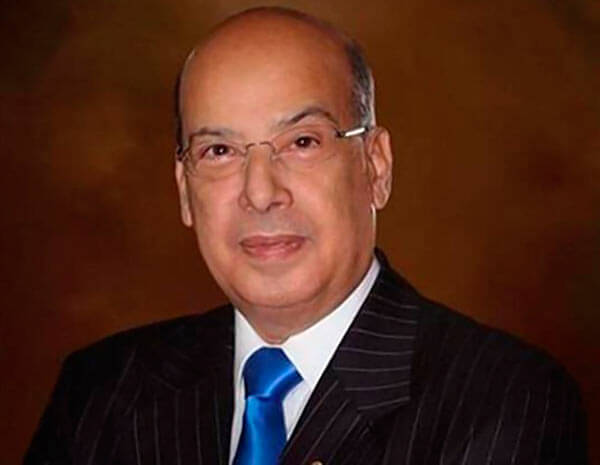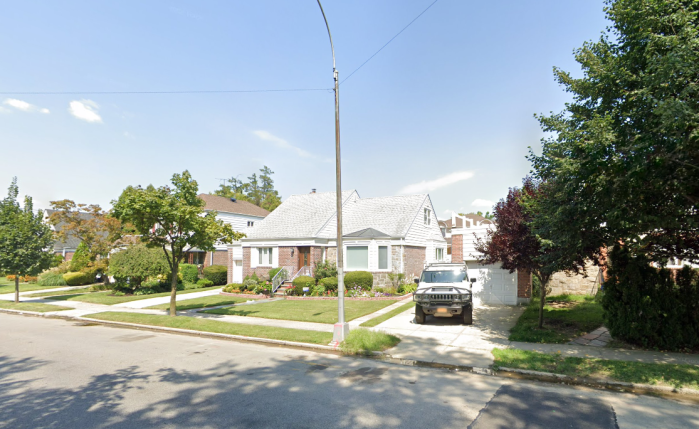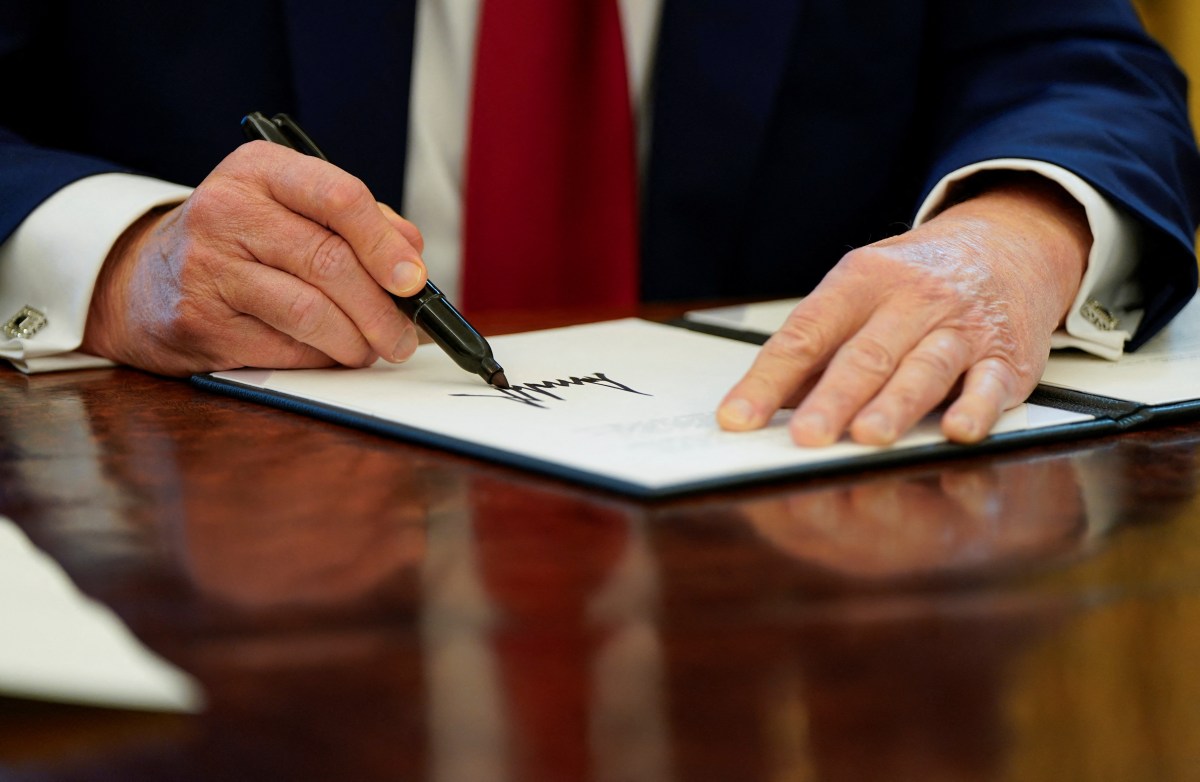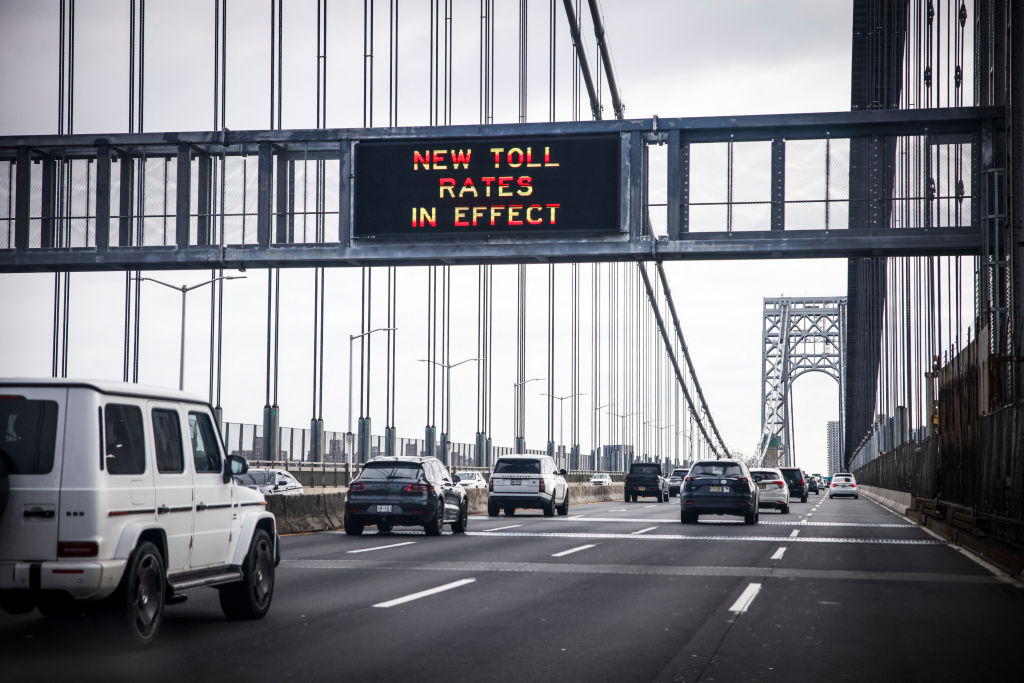If the smaller Eastern Caribbean islands have their way, ongoing two-way free-trade talks between Canada and the 15-nation bloc of Caribbean Community nations stretching from Suriname on the South American coast to Belize in Central America, would be scrapped forthwith.
Governments in the nine-nation Organization of Eastern Caribbean States (OECS) say that efforts by Canada to trade hundreds of its products to the grouping with the imposition of little or no import taxes would wreck their economies; so they have shown little appetite for the negotiations which have being ongoing for the past five years.
Meanwhile the Canadians are taking the same attitude to the sixth and latest round of negotiations for a free-trade agreement with Caricom, which got underway in the Canadian capital of Ottawa this week. The last round was held in Jamaica last month and officials close to the talks say this is the make-or-break session, talks as nothing much has changed after five years.
Both sides have agreed that the talks should not go beyond June of this year. This mutual agreement had stemmed from the fact that the Canadians had publicly threatened to abandon the talks altogether if they weren’t concluded by March of 2014. Regional leaders agreed to the demands to step up the pace at their last two summits in Trinidad and St. Vincent, but many governments are maintaining their lukewarm approach to the sessions on a number of grounds.
Guyana Foreign Trade Minister Carolyn Rodrigues-Birkett this week acknowledged that Caricom has its own internal issues to deal with in relation to the need for a free-trade agreement, referring to the plight of OECS nations in this scenario.
The smaller nations say they have little to export but will have to open up their economies to large quantities of Canadian products entering duty free or with preferential access. They are unsure what will replace the customs revenues which will be lost from open trade, as many are still struggling to recover from the 2008 global crisis and the collapse of the banana trade with Europe.
“We have instructed our side to be positive in the negotiations so we can have an agreement, but that is if the other side wants an agreement,” Rodrigues-Birkett said. “Both sides must show enough flexibility leading to an agreement.”
She pointed to the fact that many governments are aware that a similar arrangement, the Economic Partnership Agreement (EPA) signed with the European Union also about five years ago, has “not led to any significant increase in trade between the two.”
Like others, the OECS is aware of this, and also fears domination of their economies by large quantities of cheaper and largely tax-free imported Canadian products.
If a deal is struck, the new agreement would replace CaribCan, which has governed trade- and aid-relations between the Canadians and Caricom for decades and allows mostly for products from the region to enter Canada duty-free or with minimal taxes.
Thanks to exports of large quantities of gold from Guyana and Suriname and petroleum products from Trinidad, Caricom exports much more to Canada than it imports, but officials fear a reversal if two-way trade without built-in protections is signed away.
Officials who are close to the talks say the Eastern Caribbean nations are almost contemptuous of the talks and expect Canada to understand the reason why they barely have any interest in a free trade deal with the North American country.

























